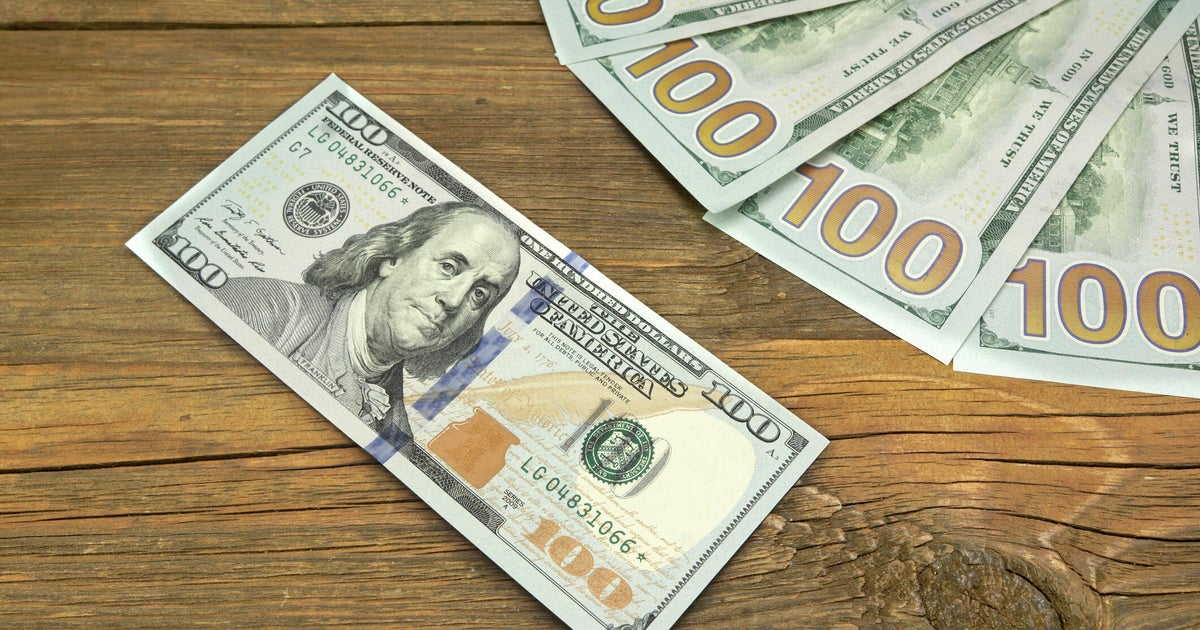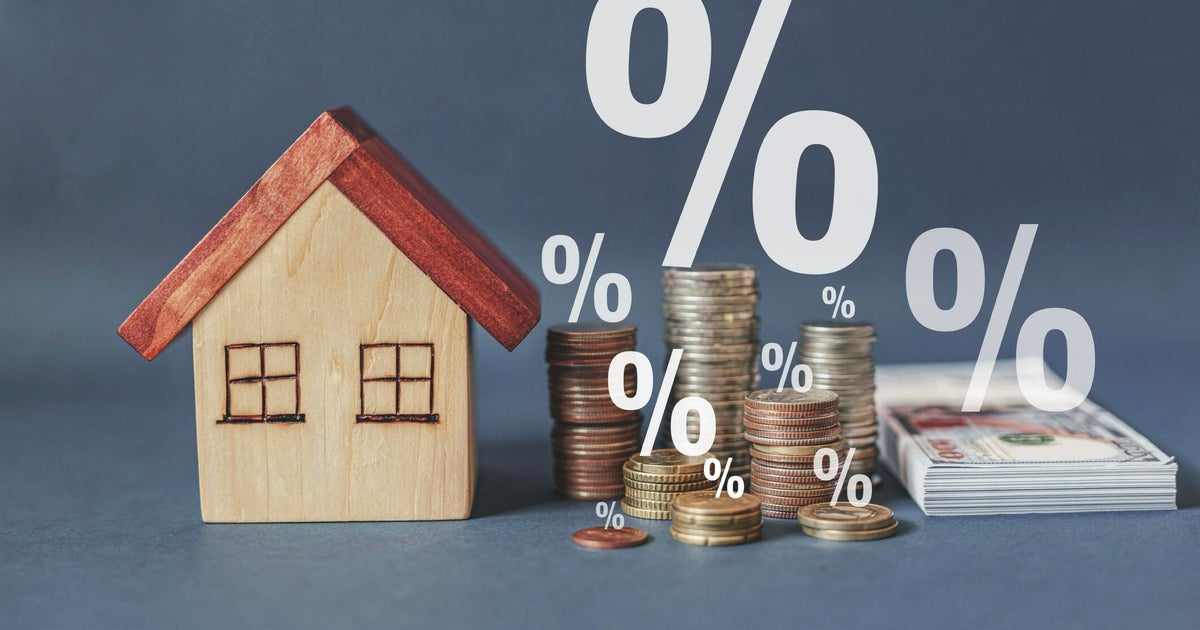Stocks enter bear market as coronavirus declared "pandemic"
Financial markets tumbled amid mounting investor concern about the economic fallout from the coronavirus outbreak, which health officials officially declared a pandemic. The Dow slipped into "bear" territory, meaning it has fallen more than 20% from its all-time high in February.
The Dow plunged 1,465 points, or 5.7%, to 23,553 on Wednesday. The broad-based S&P 500-stock index fell 4.9%, and the tech-heavy Nasdaq composite sank 4.7%. The declines erased Tuesday's sharp gains, when investors boosted stocks in hopes of a proposed stimulus package from the Trump administration.
The World Health Organization on Wednesday said the coronavirus spreading around the globe can now be characterized as a pandemic. WHO Director Dr. Tedros Adhanom Ghebreyesus said the WHO is "deeply concerned by the alarming levels of spread and severity" of the outbreak.
Economists are warning of a possible recession in 2020 due to the virus, causing investors to flee stocks for less risky assets like bonds and gold. The stock market has suffered through three weeks of volatile trading as investors assess the widening impact of the coronavirus, which has spread to 1,000 cases in the U.S. as of Wednesday.
"U.S. recession risks are on the rise," Gregory Daco of Oxford Economics told investors. "Exacerbating the ongoing supply and demand shocks that have rippled through the global economy are widespread fear and financial market panic — with the oil price war between Russia and Saudi Arabia further amplifying market stress."
At least 32 people in the U.S. have died of the disease caused by the virus, known as COVID-19, and there are cases in 37 states and Washington, D.C. There have now been than 120,000 cases worldwide and more than 4,300 people have died, according to Johns Hopkins University. The vast majority of cases are mild, and almost half of those infected have already recovered.
Universities including MIT and Harvard are closing their campuses, while a growing number of businesses are banning employees from traveling and asking them to work from home. Many Americans are also postponing or canceling travel plans, which is hurting industries such as airlines and hotels.
"Both the real economy and the financial economy are exhibiting acute signs of stress," Goldman Sachs analysts said in a research note. "Supply chains have been disrupted and final demand has declined for many industries. Travel is contracting sharply as both individuals and businesses restrict movement."
That's likely to lead to a "collapse" of corporate earnings growth in the second and third quarters of 2020, the investment bank predicted. But profits should begin to grow again in the fourth quarter as businesses regain their footing, they added.
End of the bull market?
The record-long bull market, which just marked its 11th anniversary, may be at its end given the sharp decline in equities since the disease began spreading in the U.S. last month. The question is whether COVID-19, the disease caused by the coronavirus, will lead to a short economic downturn followed by a swift recovery, or a prolonged slump, Goldman said.
"Uncertainty around the impact the virus is having and will have on business and consumer spending is heightened and explains the dramatic asset volatility in recent weeks," the analysts noted.
For now, investors are eager for President Donald Trump and Congress to deliver a dose of fiscal stimulus that could bolster businesses impacted by the coronavirus. While it's unclear what the package might include, the government could offer benefits such as Small Business Administration disaster loans, a temporary payroll tax cut and a new paid medical leave policy, according to Height Securities.
The Treasury Department may also delay the April 15 deadline for filing taxes.
"Facing increased cases of the virus, potential social distancing measures and adverse financial market reactions, pressure on the White House and Congress to act is significant," Height Securities analysts said in a research note. "We believe that Congress understands if cannot afford not to send a signal of support to impacted workers, industries, and the markets."



